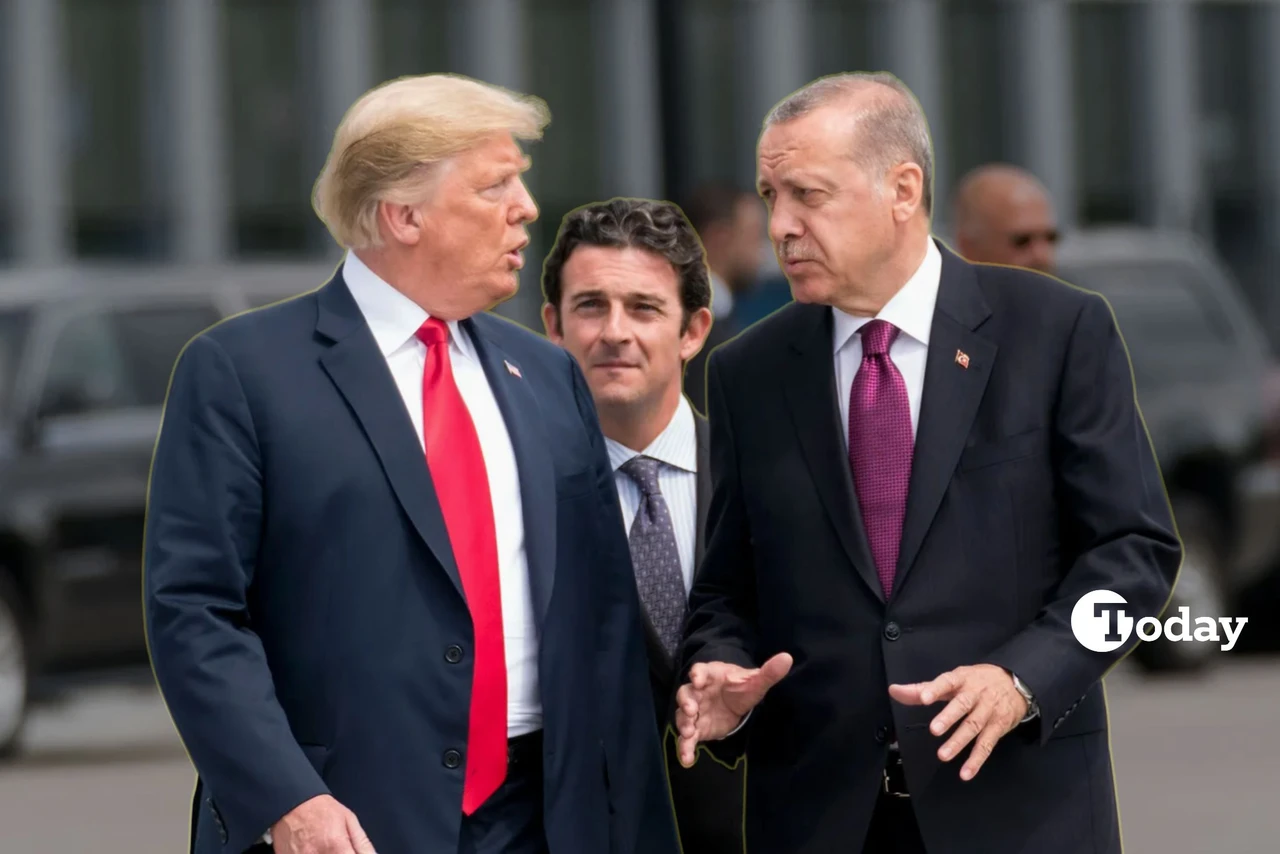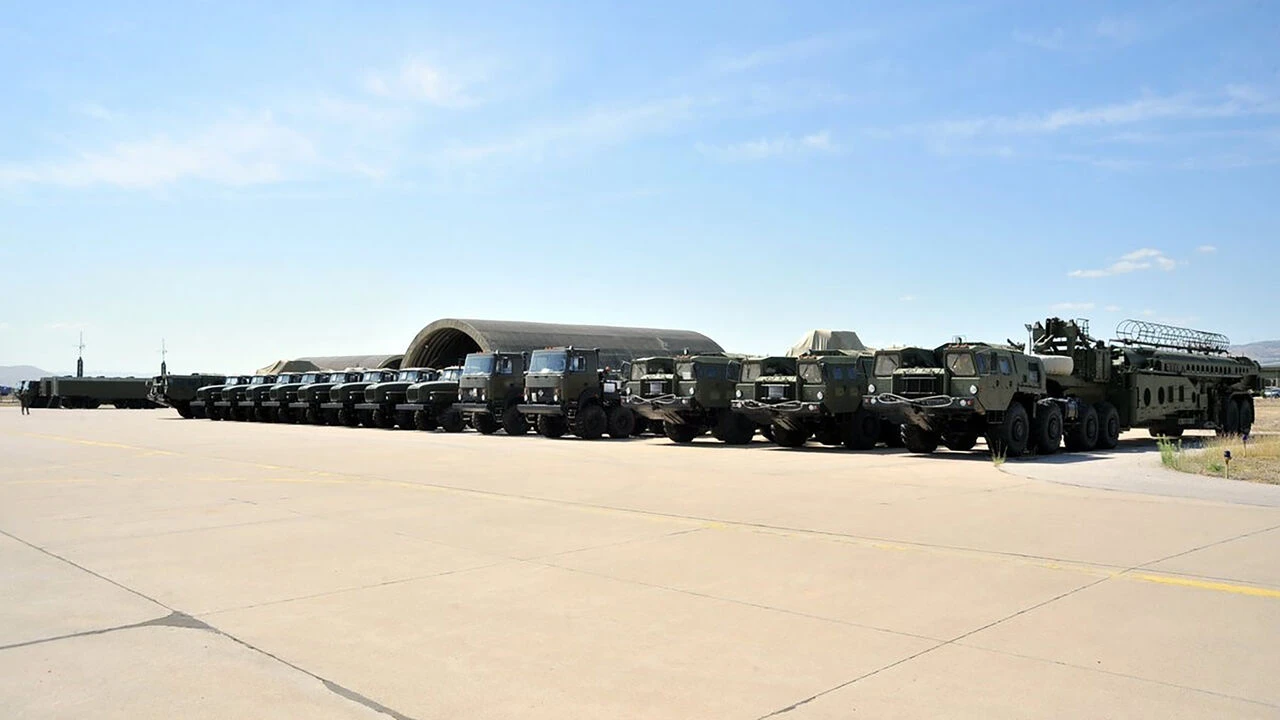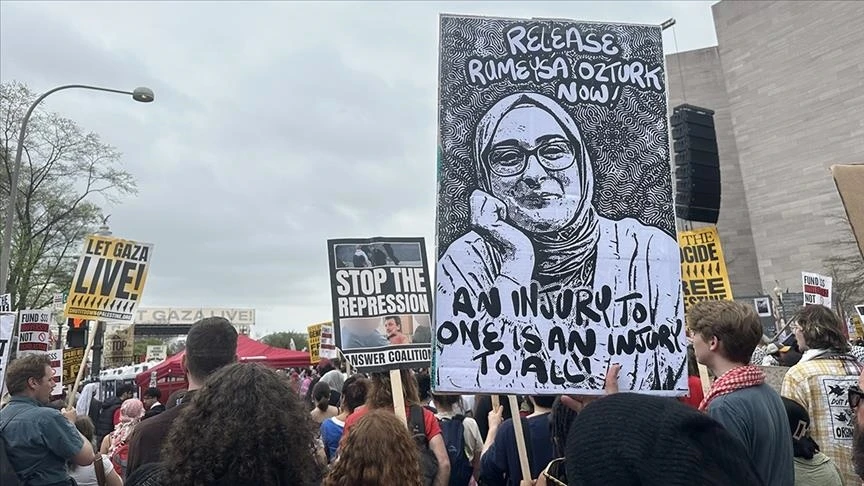US Secretary increases pressure on Palestinian Resistance Group to seal cease-fire with Israel
“There’s no time for further haggling. The deal is there,” Blinken says urging Palestinian Resistance Group to accept the cease-fire proposal
U.S. Secretary of State Antony Blinken intensified pressure on Palestinian resistance group, urging acceptance of the latest cease-fire proposal with Israel, emphasizing the urgency to end the nearly seven months of war in Gaza.
The “time is now” for an agreement that would free hostages and pause the nearly seven months of war in Gaza, Blinken said.
However, a major point of contention remained — whether the agreement would bring a complete halt to Israel’s offensive as demanded by Palestinian resistance group.
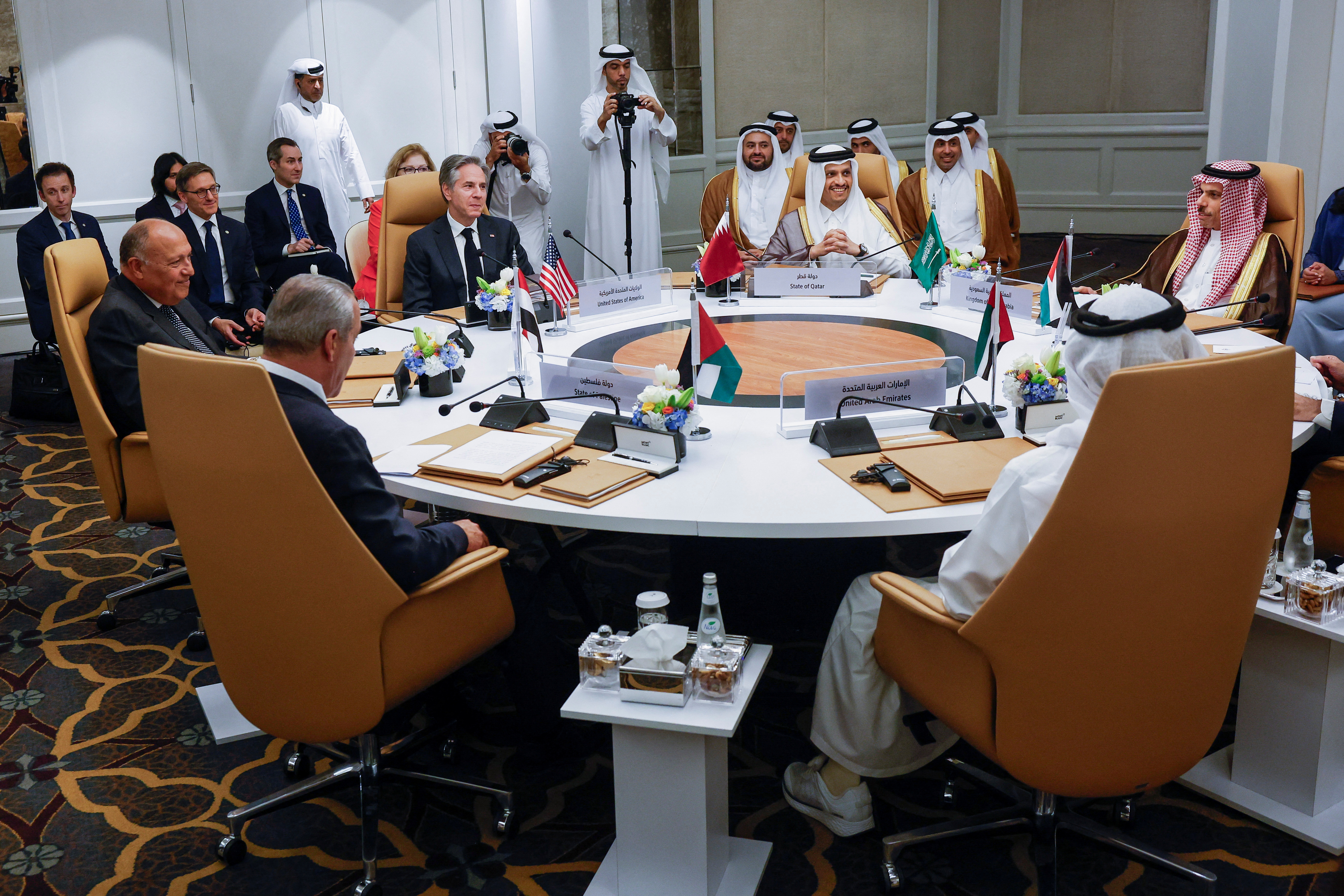
Throughout his 7th visit to the region since the conflict erupted in October, Blinken held discussions with Israeli leaders, striving to facilitate a breakthrough in the elusive deal between Israel and the Palestinian Resistance Group (PRG). The U.S. and mediators from Egypt and Qatar seek to prevent an Israeli incursion into the Southern Gazan town of Rafah, where approximately 1.4 million Palestinians are seeking refuge.
During months of negotiations, the PRG has insisted that the release of all hostages it holds must result in a permanent cessation of hostilities and the withdrawal of Israeli troops from Gaza.
Netanyahu vows for Rafah invasion amid cease-fire talks

Israeli Prime Minister Netanyahu has staunchly rejected stopping the war before the PRG is dismantled. In a sign of challenges in negotiations, Netanyahu in his talks with Blinken on Wednesday repeated his vow to launch the offensive on Rafah, which he says is PRG’s last stronghold in Gaza.
Blinken said Israel has made “very important” compromises in cease-fire efforts and it is now up to PRG to get the deal done. “There’s no time for further haggling. The deal is there,” Blinken said.
Blinken said in talks with Israel’s ceremonial President Isaac Herzog in Tel Aviv that the PRG would bear the blame for any failure to get a deal. “No delays, no excuses. The time is now,” he said.
Blinken said the deal would also allow much-needed food, medicine, and water to get into Gaza, where the war has sparked a humanitarian crisis, pushed northern Gaza to the brink of famine, and driven around 80% of the population of 2.3 million from their homes.
U.S. says Israel to first evacuate civilians, yet still opposes Rafah invasion
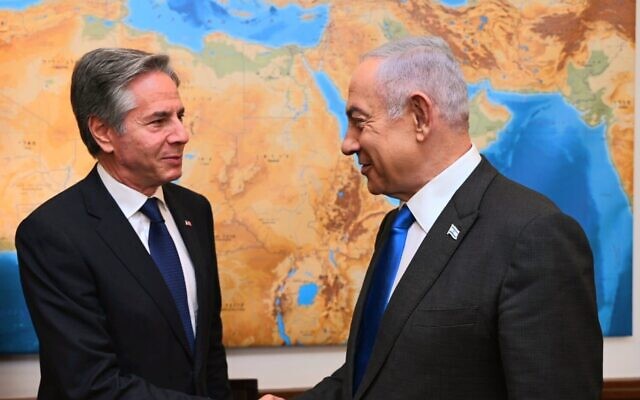
Blinken said there has been “meaningful progress” in efforts to increase the flow of aid. On Wednesday, Israel reopened its Erez crossing for deliveries into Northern Gaza for the first time.
On Tuesday, Netanyahu vowed to go ahead with the assault with or without a cease-fire deal. “The operation in Rafah doesn’t depend on anything. The prime minister made this clear to Secretary Blinken,” Netanyahu’s office said after the two met Wednesday.
The U.S. has staunchly supported Israel’s campaign of bombardment and ground offensives in Gaza. But the U.S. has grown increasingly critical of the staggering toll borne by Palestinian civilians and has been outspoken against a move on Rafah. American officials say they oppose a major offensive but that if Israel conducts one, it must first evacuate civilians.
‘There is no safe place left’

In Rafah, Palestinians cling to hope that this time a cease-fire would be sealed and avert an attack.
“Do you think we like life in tents? We are tired and suffering,” Salwa Abu Hatab, a woman who fled Khan Younis who is now in a tent camp, said. “Every day they say there is a truce and negotiations, and in the end it fails. We hope they will succeed this time,” she added.
“If the invasion happens, we do not know where to go,” said Enas Syam, a woman from Gaza City carrying her child in the camp. “There is no safe place left.”
The Israel-PRG war was sparked by the Oct. 7 raid into Southern Israel in which the Palestinian Resistance Group (PRG) killed approximately 1,200 people and abducted 250 hostages. Since then, Israel’s campaign in Gaza has killed more than 34,000 Palestinians, according to local health officials, and wreaked vast destruction.
What does the ‘extraordinarily generous’ cease-fire proposal include?
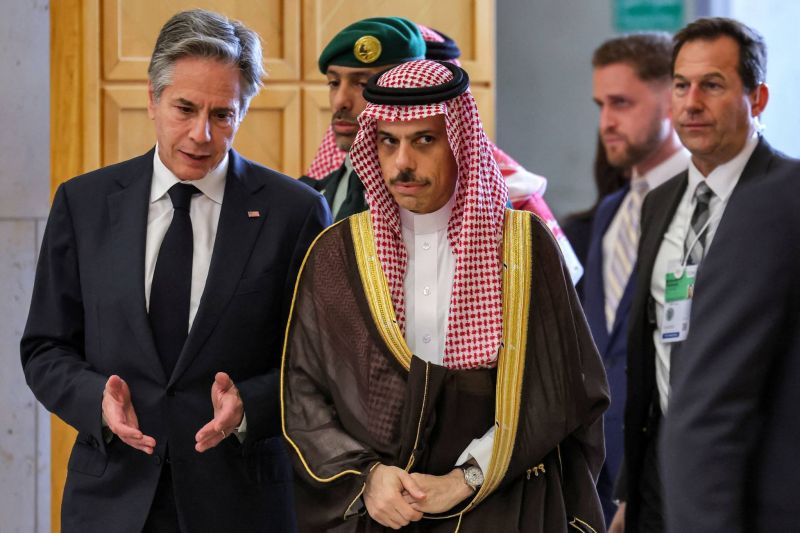
Throughout his regional visit, with previous stops in Saudi Arabia and Jordan, Blinken urged the PRG to accept the cease-fire proposal, calling it “extraordinarily generous” on Israel’s part.
The proposal lays out three stages of six to seven weeks each, according to details first reported in the Lebanese newspaper Al-Akhbar, which is close to the PRG and the Lebanese Hezbollah militant group.
The first phase would bring a pause during which the PRG would release women and elderly civilians in exchange for the release of hundreds of Palestinian prisoners in Israeli jails. In a series of timed steps, Israeli troops would withdraw from a coastal road in Gaza, then from Central Gaza and then displaced people would return north.
The next stage would bring implementation of the calm, including the PRG’s release of all remaining hostages — soldiers and civilians — and a withdrawal of Israeli forces out of Gaza. The Egyptian official said the PRG sees the language regarding the withdrawal as too vague and wants to specify a complete withdrawal to avoid different interpretations.
The last stage would see the release of bodies of dead hostages and the start of a five-year reconstruction plan. The plan says that PRG would agree not to rebuild its military arsenal.
Source: Newsroom

